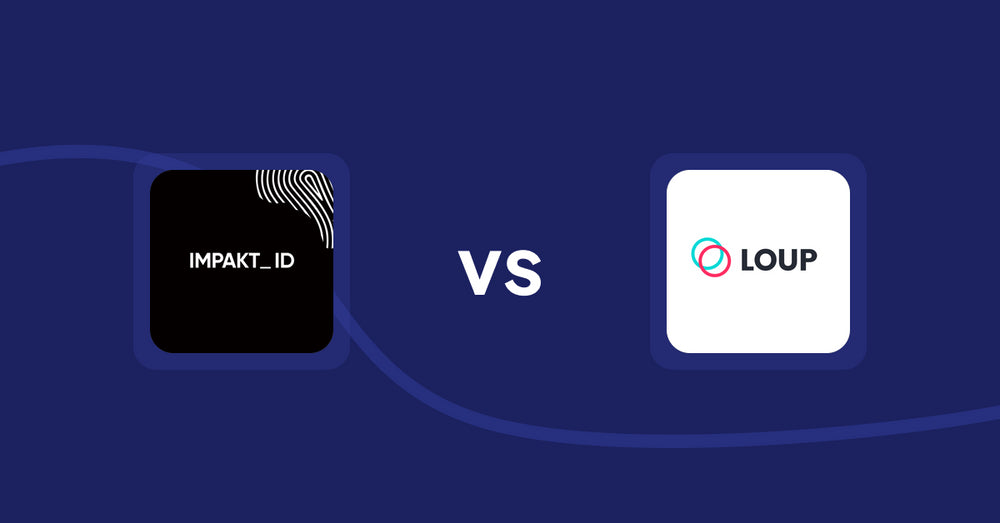Shopify Metafield Apps: MetaMind vs Metafield Lite

Table of Contents
- Introduction
- How Does MetaMind Work?
- How Does Metafield Lite Work?
- How Much Does MetaMind Cost?
- How Much Does Metafield Lite Cost?
- Cost Analysis: MetaMind vs. Metafield Lite
- User Reviews & Customer Support Insights
- Integration and Compatibility Comparison
- Conclusion
Introduction
In the realm of online retail, product visibility and organization are crucial for maintaining a competitive edge. Metafields play a significant role in enhancing product descriptions, enabling detailed filtering, and improving customer engagement through tailored shopping experiences. As e-commerce platforms like Shopify continue to evolve, the demand for effective metafield management solutions has grown accordingly.
Among the numerous options available, two apps stand out for their functionalities: MetaMind and Metafield Lite. While both aim to enhance the use of metafields on Shopify, each adopts a distinct approach in terms of features, ease of integration, and overall user experience. Understanding their differences will help you make a more informed choice for your online store.
How Does MetaMind Work?
MetaMind distinguishes itself with a comprehensive solution that harnesses AI-driven tagging and metafield management. This app automatically tags products, saving valuable time for Shopify merchants while enhancing SEO and product organization.
Key Features of MetaMind:
-
AI-Generated Fashion Metafields: This technology automatically tags products and variants based on their attributes. This feature is particularly useful for retailers with extensive product lines. Additionally, it facilitates seamless filtering, allowing customers to easily find what they need.
-
Multilingual Support: Currently available in English and Spanish, this feature enables merchants to reach a broader audience, accommodating shoppers from different backgrounds. Supporting multiple languages is especially beneficial for sellers targeting diverse markets.
-
Admin Link for Targeted Tagging: MetaMind includes an efficient admin link that allows users to tag specific products and their variants quickly. This feature is exceptionally valuable for businesses with many product offerings, as it simplifies the management process.
-
Automatic Updates: Whenever a product or variant is updated or newly introduced, MetaMind automatically adjusts the relevant metafields. This continuous synchronization ensures that your product details are always accurate and up to date.
-
Editing Control: Users have full control over the metafields created by the app – they can edit or remove them as needed. This is particularly crucial for maintaining brand consistency and accuracy in product representation.
For businesses of all sizes, from startups to large enterprises, these features make MetaMind a suitable solution. Imagine a small clothing retailer using MetaMind to automatically tag their new collection, thus allowing them to focus on marketing efforts rather than manual data entry. Similarly, a large enterprise could benefit from the multilingual support and automated updates to manage their global product lines.
How Does Metafield Lite Work?
Metafield Lite offers a more straightforward approach to metafield management. It emphasizes simplicity in creating, updating, and deleting metafields across various products and orders.
Key Features of Metafield Lite:
-
Basic Metafield Creation: The app allows users to create, update, and delete metafields for products, customers, orders, and draft orders. While this provides a fundamental level of metafield management, it may lack the advanced features available in more specialized apps like MetaMind.
-
Bulk Editing: Metafield Lite includes a bulk editing option, which allows for efficient modification of multiple metafields simultaneously. This feature is beneficial for businesses looking to make widespread changes quickly.
-
Interface Management: Users can manage their metafields directly from the Shopify admin panel. While this simplifies the process, it may not provide the level of automation or advanced filtering capabilities present in MetaMind.
While Metafield Lite may be adequate for smaller businesses with fewer product variations or simpler needs, it does not offer the extensive functionalities of MetaMind. Without sophisticated tagging and automated updates, businesses seeking a competitive edge may find themselves limited.
How Much Does MetaMind Cost?
Cost-effective solutions are vital for businesses that want to manage metafields without breaking the bank. MetaMind offers a "Free to Install" model with optional credits for additional tagging, making it an appealing choice for many.
-
Plan Structure:
- Price: Free to install
- Features: 1000 credits for $29.99; 10 credits are required to tag a product or variant, and the credits have no expiration.
- Target Audience: This pricing structure is ideal for startups and small to medium businesses that may not have large budgets for metafield management.
- Additional Costs: Be sure to consider the cost of credits as your needs grow.
It is important to note that you can always reach out to our team, and we can create a custom pricing plan to suit your needs and your budget. Schedule a call via this link and we’ll come up with the best solution for you and your business.
How Much Does Metafield Lite Cost?
For Metafield Lite, the cost-effectiveness may depend on the specific needs of your business. Unfortunately, the provided data did not indicate specific pricing tiers for Metafield Lite, which raises some concerns about transparency and accessibility.
- Price: Not explicitly stated
- Target Audience: Likely aimed at businesses that require simple metafield management without advanced features. However, the ambiguity around pricing could deter potential users that seek straightforward solutions.
Without clear pricing, businesses may find it challenging to determine whether Metafield Lite aligns with their budget and operational needs. Additionally, without promotional offers or trial periods to gauge its efficacy, prospects could feel uncertain before committing.
Cost Analysis: MetaMind vs. Metafield Lite
When comparing the two applications, it's essential to consider both the pricing structure and the value they provide. MetaMind's credit system is not only clear but grants flexibility for users, enabling them to pay as they tag. In contrast, the lack of transparent pricing for Metafield Lite makes it less appealing in a market where value matters.
Furthermore, while both products provide solutions for metafield management, MetaMind's advanced features and user reviews suggest that it might offer better cost efficiency, especially for businesses aiming to enhance their online stores without extensive financial commitment.
User Reviews & Customer Support Insights
Is MetaMind Good?
MetaMind has garnered a stellar 5-star rating based on 64 reviews since its launch in April 2023. The feedback highlights its user-friendly interface and efficient features, with many users praising its AI-driven tagging capabilities, improved product organization, and superior SEO integration. This overwhelmingly positive reception indicates a robust solution that resonates with users’ needs.
Is Metafield Lite Good?
In contrast, Metafield Lite has a modest 3.1-star rating based on three reviews, which raises questions about its effectiveness. Chances are users might appreciate its simplicity but criticize its lack of advanced features and intricacies that can enhance product visibility. Moreover, limited user feedback reflects a potential gap in customer satisfaction, suggesting users may feel that the app does not live up to its promises.
From a customer support perspective, MetaMind appears to provide a stronger foundational offering, which is critical as merchants navigate technical challenges or need clarifications on app functionalities.
User Preference: MetaMind or Metafield Lite?
Comparing the average ratings, it's evident that MetaMind is more favorably received by users. The substantial difference in ratings could stem from MetaMind’s extensive feature set, which helps businesses improve customer engagement and streamline metafield management. Users appreciating automation and advanced tagging—elements integral to successful e-commerce strategies—clearly prefer MetaMind over Metafield Lite's limited offerings.
Integration and Compatibility Comparison
MetaMind Integrations
MetaMind seamlessly integrates with the Shopify platform, ensuring that retailers can access its metafield management features without compatibility issues. These integrations enhance the overall user experience, making it easier to synchronize and streamline operations.
Metafield Lite Integrations
Unlike MetaMind, Metafield Lite's integration capabilities appear limited, resulting in potentially reduced functionality and efficiency. This lack of comprehensive integration could hinder users from fully leveraging their metafields across various channels, ultimately affecting their product visibility and sales potential.
Conclusion
Both MetaMind and Metafield Lite offer useful solutions for metafield management on Shopify. However, MetaMind stands out with its rich feature set, impressive user ratings, and flexible pricing model that caters to a diverse audience. With advanced functionalities and robust customer support, MetaMind is positioned as a superior option for businesses looking to optimize product management.
While Metafield Lite may have its strengths, the differences in user satisfaction, integration capabilities, and overall value make MetaMind the better solution for enhancing your Shopify store. By choosing MetaMind, you'll not only save time but also significantly improve your product visibility and customer experience.
Still Searching for the Perfect Customization Solution?
Stop searching and start thriving with Accentuate Custom Fields! This powerful metafield management app supercharges Shopify’s native features, giving you the tools to create a truly personalized customer experience.
Why Choose Accentuate Custom Fields?
- Advanced Customization: Unlimited field definitions, logical grouping, and custom layouts make your store one-of-a-kind.
- Enhanced Editor Experience: Effortlessly edit variant metafields, use advanced HTML and markdown editors, and sync field definitions between stores.
- Flexible Management: Import/export capabilities, automatic tagging, and comprehensive support for Metaobjects and versioning.
- 24/7 Support: If you have any questions or need assistance, our team is available around the clock to help with any custom modifications to suit your store.
Join over 12,000 merchants, including top Shopify Plus stores, who trust Accentuate for their customization needs. With a stellar 4.9-star rating, Accentuate is the go-to tool for advanced CMS needs, offering unmatched flexibility and control over your store’s content. Elevate your Shopify store with high-quality content that boosts customer experiences and conversions. Tell your story, showcase your products, and create an engaging customer journey with ease.
Experience the Accentuate difference and watch your Shopify store thrive!
Accentuate vs Competition
Explore how Accentuate Custom Fields stands out. Whether you’re aiming to customise your storefront, streamline operations or improve content management, see how we compare against the competition
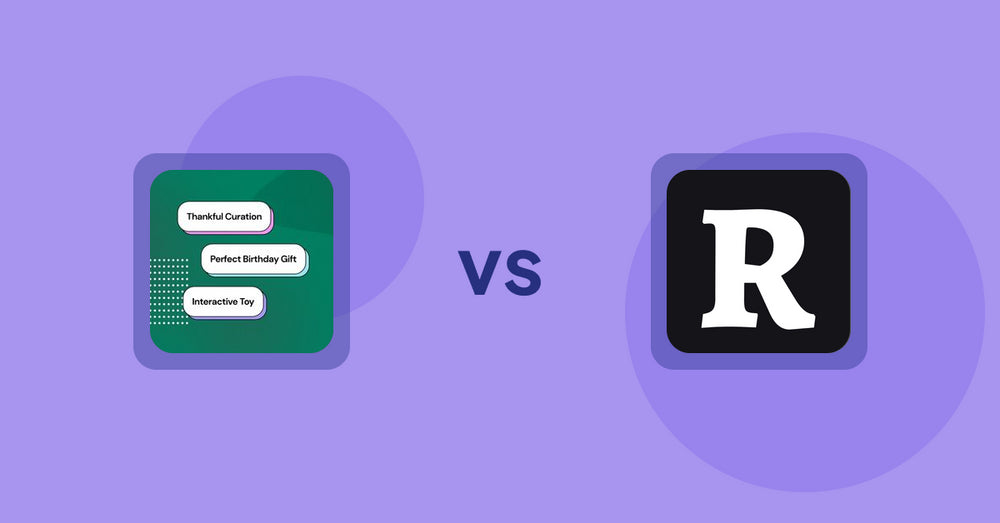
Shopify Product Display Apps: FeatureFrame ‑ Pretty Product vs. AI SEO: Top Product Features
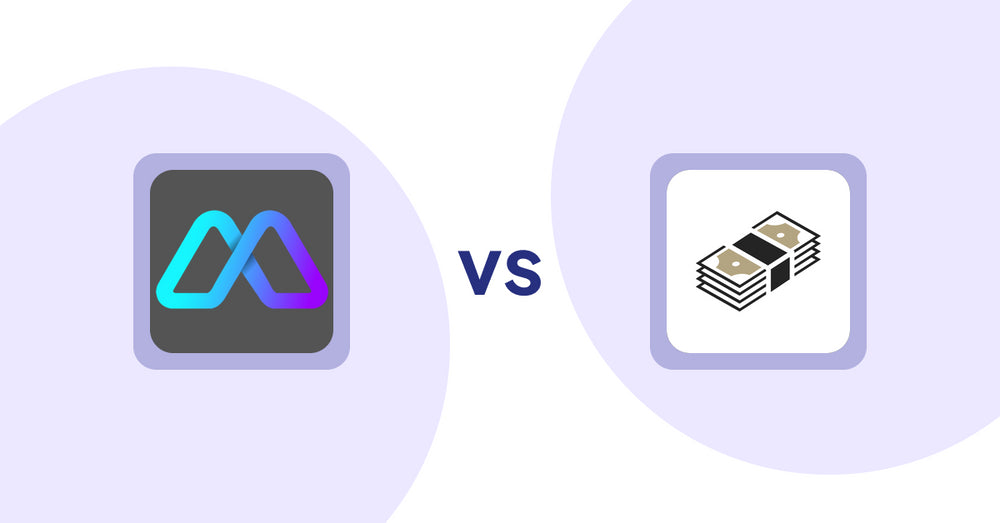
Shopify Product Display Apps: Metadrob: Create Virtual Store vs シンプルクラウドファンディング|お手軽自社クラファン
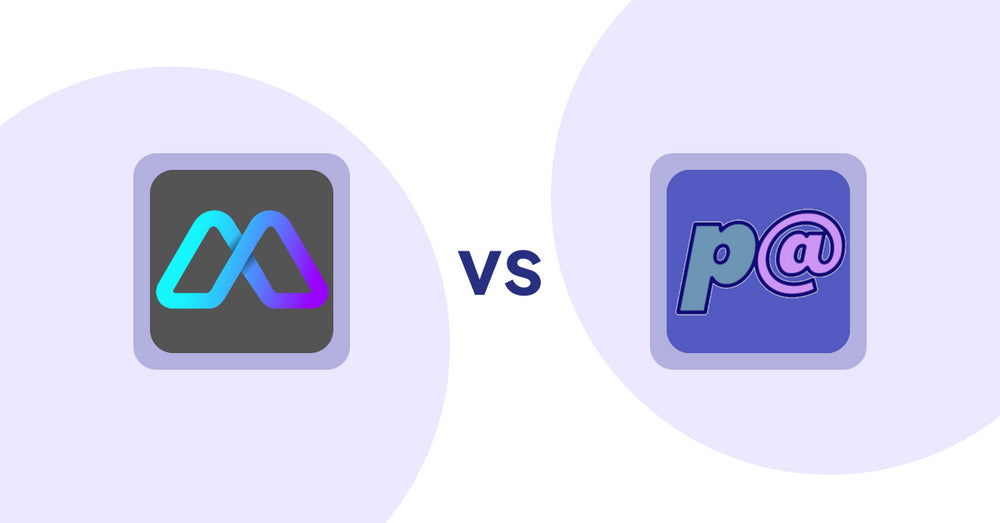
Shopify Product Display Apps: Metadrob: Create Virtual Store vs Parameterizer
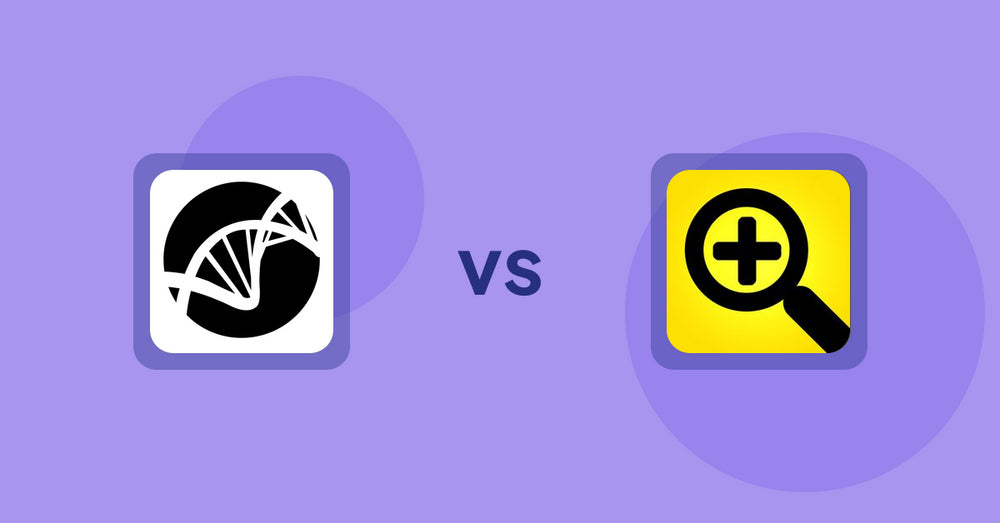
Shopify Product Display Apps: Bike Matrix vs. Fast View: Fastest Quick View
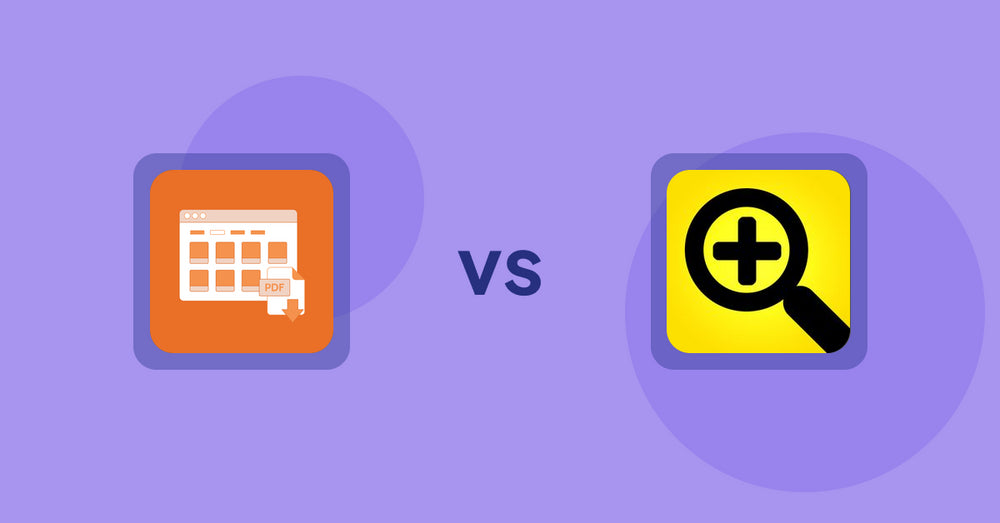
Shopify Product Display Apps: Meetanshi PDF Product Catalog vs Fast View: Fastest Quick View
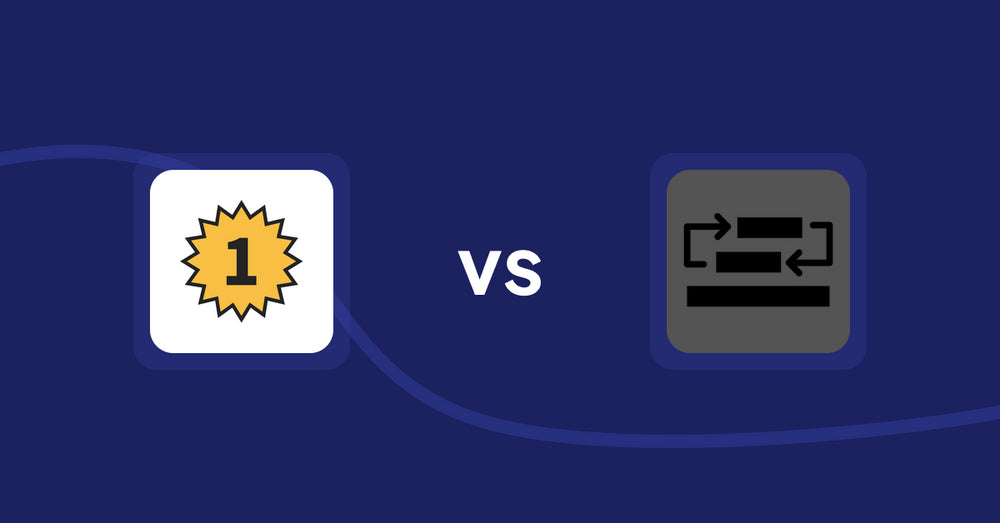
Shopify Product Display Apps: UR: Smart Ranking vs Sortyfi Collection Merchandise
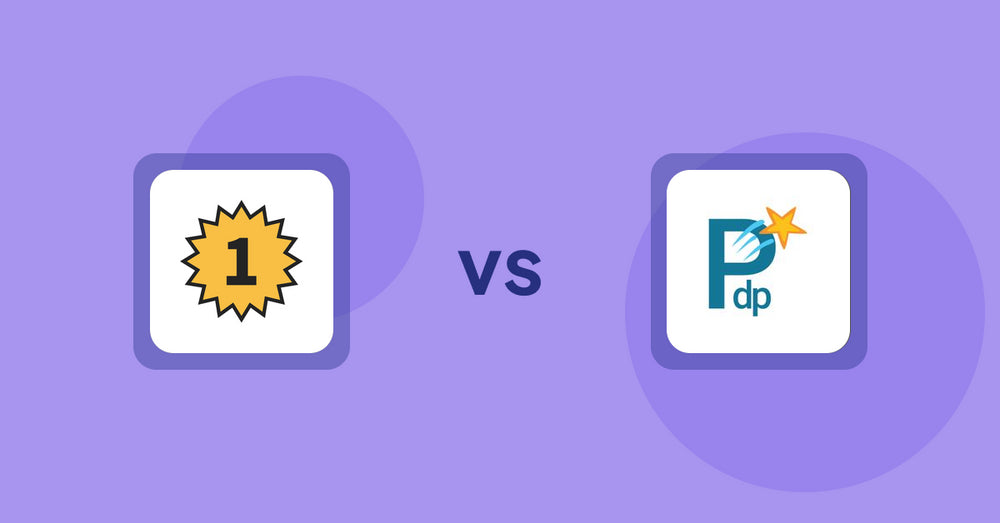
Shopify Product Display Apps: UR: Smart Ranking vs PDP Star
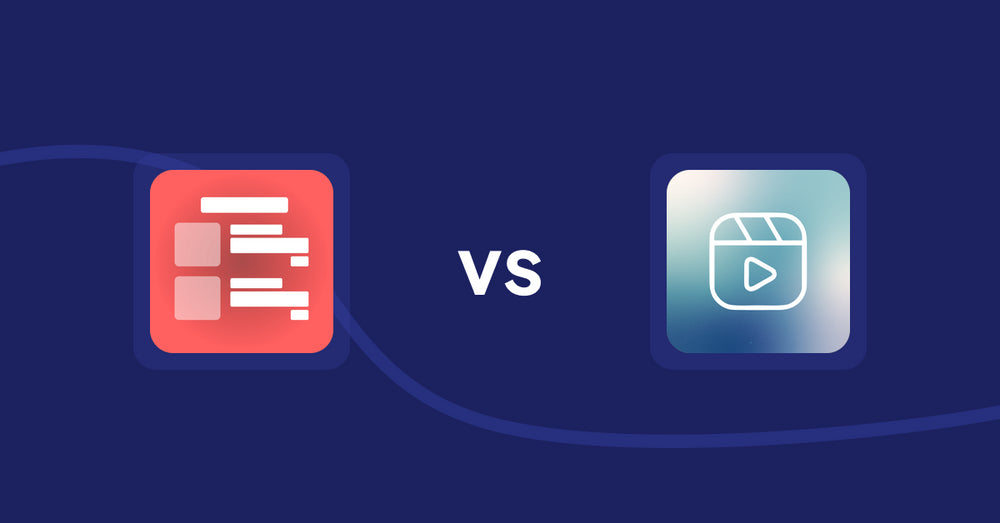
Shopify Product Display Apps: Menulog vs Reelify ‑ Shoppable Reel Video
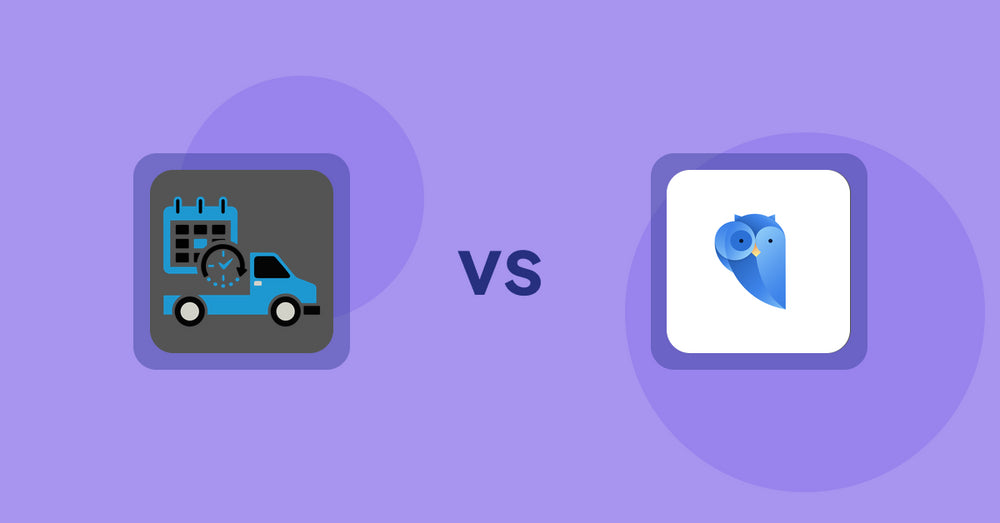
Shopify Product Display Apps: H3 Estimated Delivery vs Findify Search & Merchandise
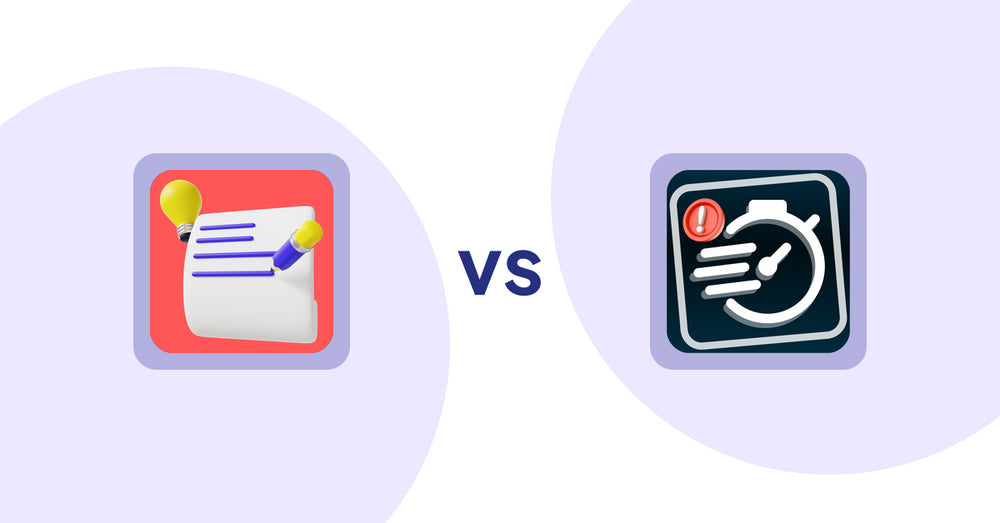
Shopify Product Display Apps: Wordo ‑ ChatGPT AI Description vs Urgency! Low Stock Counter
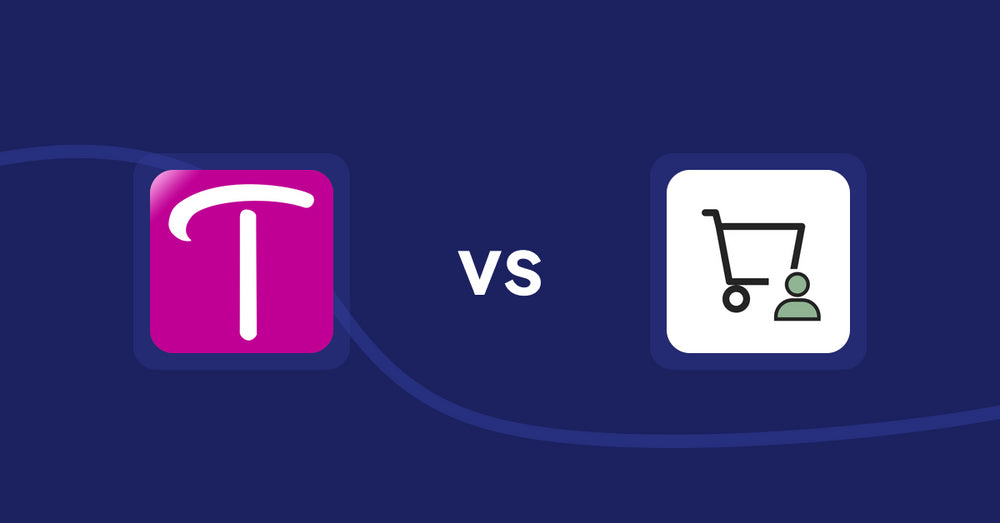
Shopify Product Display Apps: WS Transparency vs シンプル会員注文割引|お手軽ログインセール設定
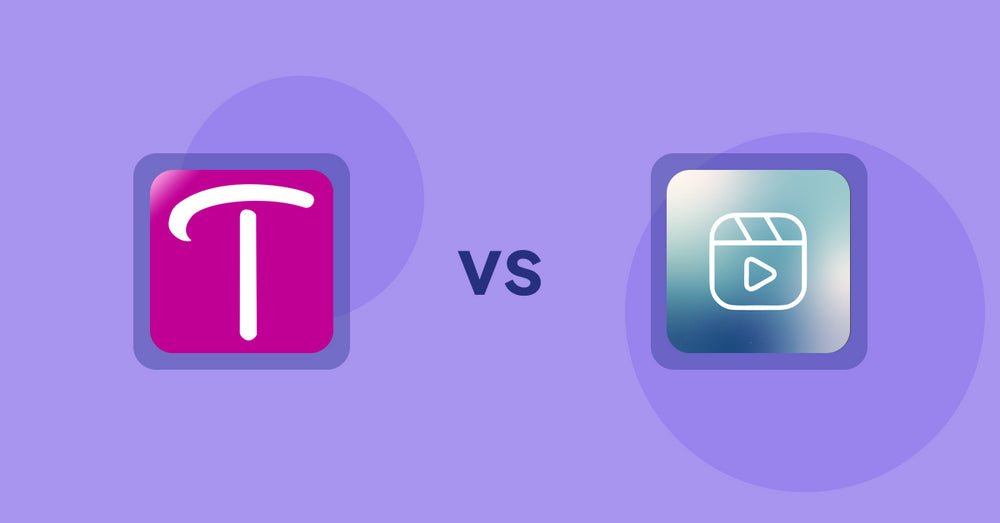
Shopify Product Display Apps: WS Transparency vs Reelify ‑ Shoppable Reel Video
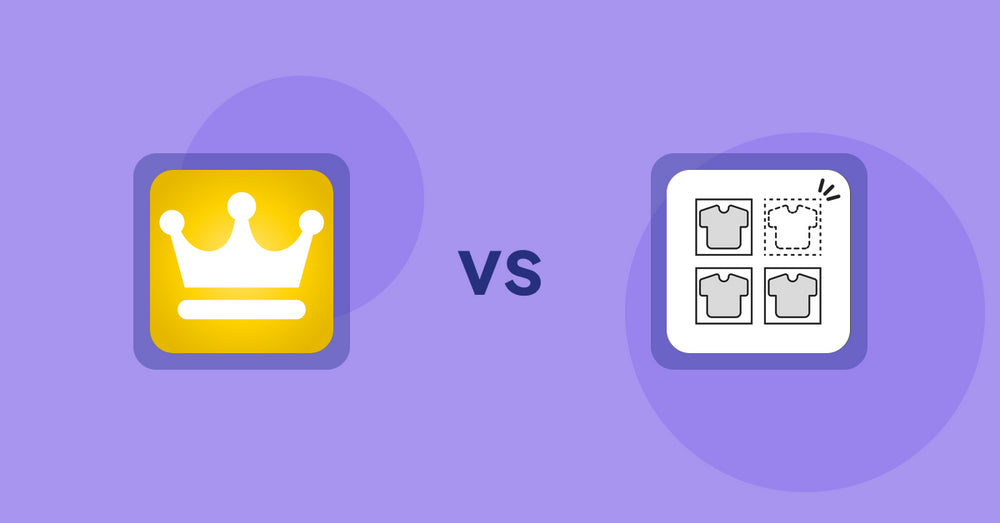
Shopify Product Display Apps: Awesome Ranking vs シンプル売り切れ非表示|在庫切れ商品の表示変更
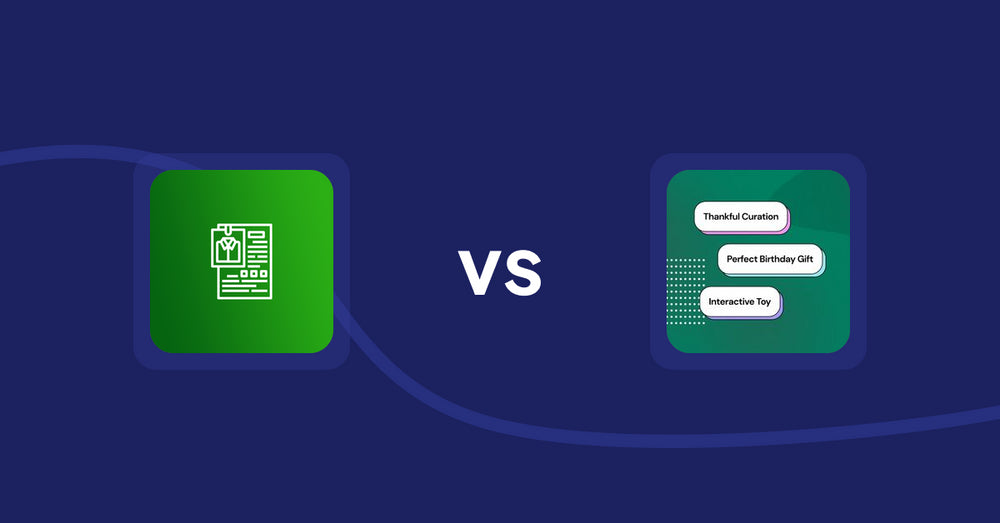
Shopify Product Display Apps: OC Product Size Chart vs FeatureFrame ‑ Pretty Product
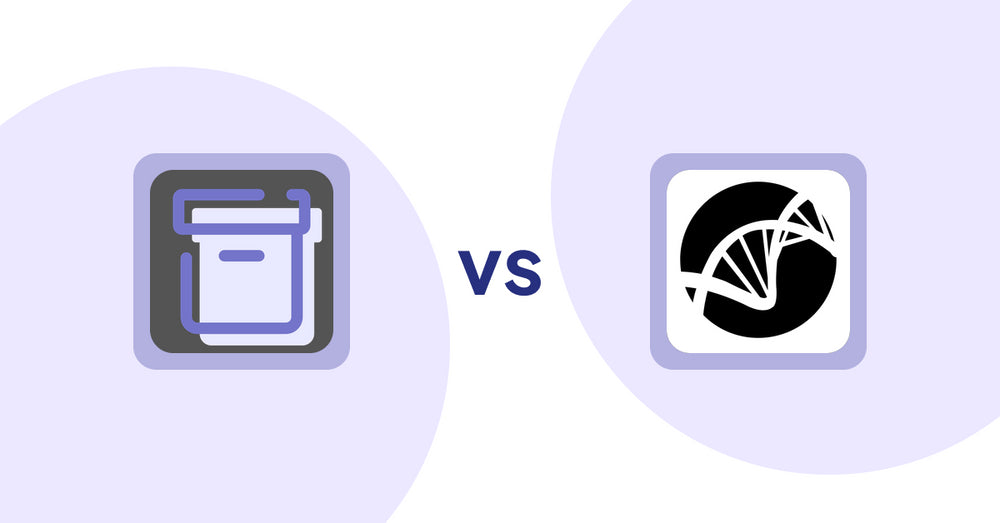
Shopify Product Display Apps: Shelfify vs Bike Matrix
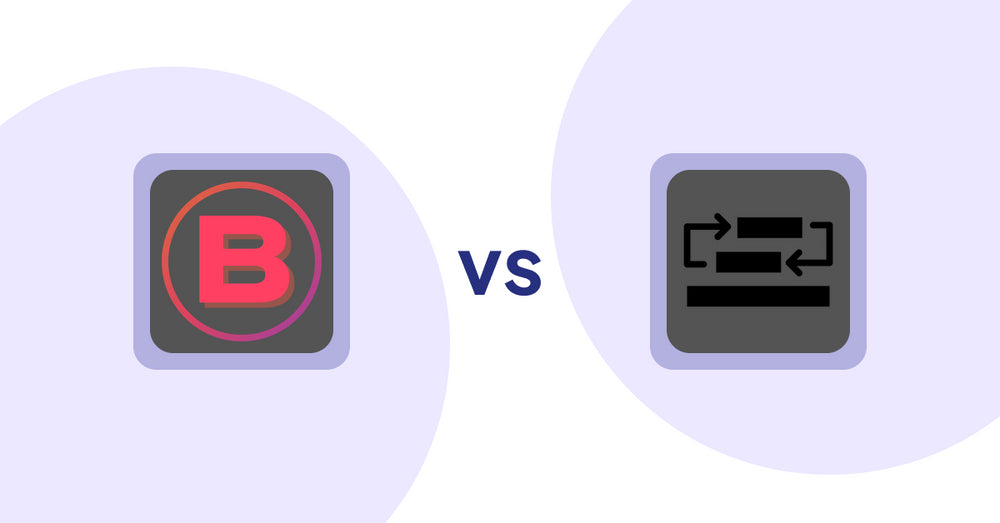
Shopify Product Display Apps: Banter Stories vs Sortyfi Collection Merchandise
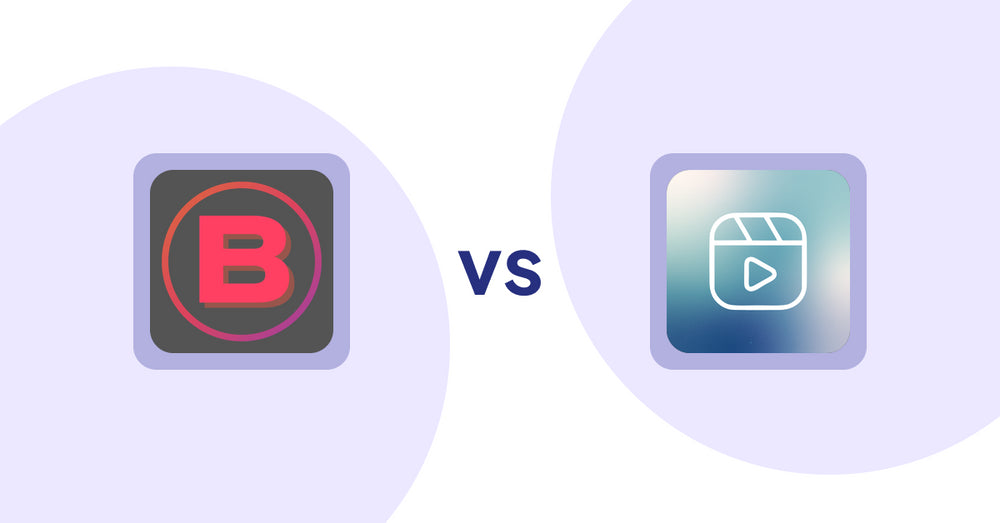
Shopify Product Display Apps: Banter Stories vs. Reelify ‑ Shoppable Reel Video
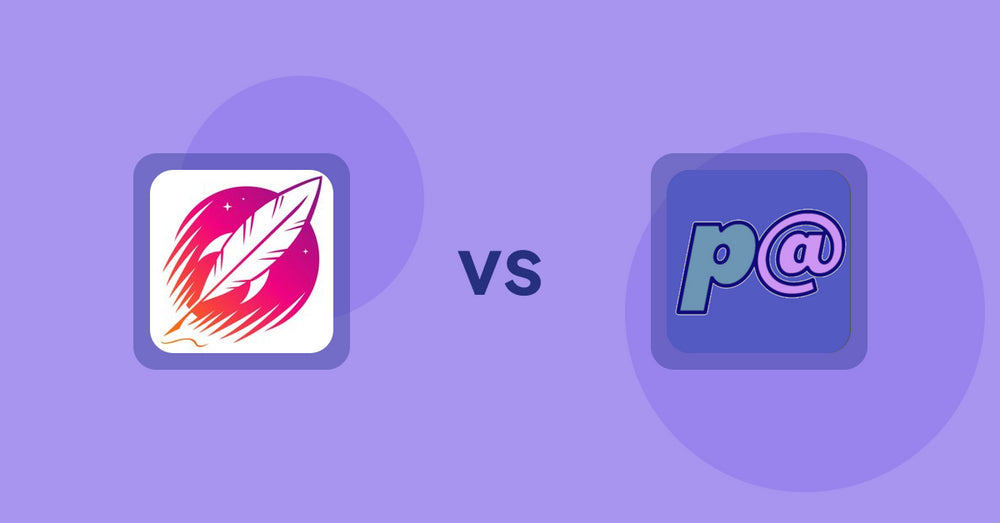
Shopify Product Display Apps: Wordsmith: Content Generator vs Parameterizer
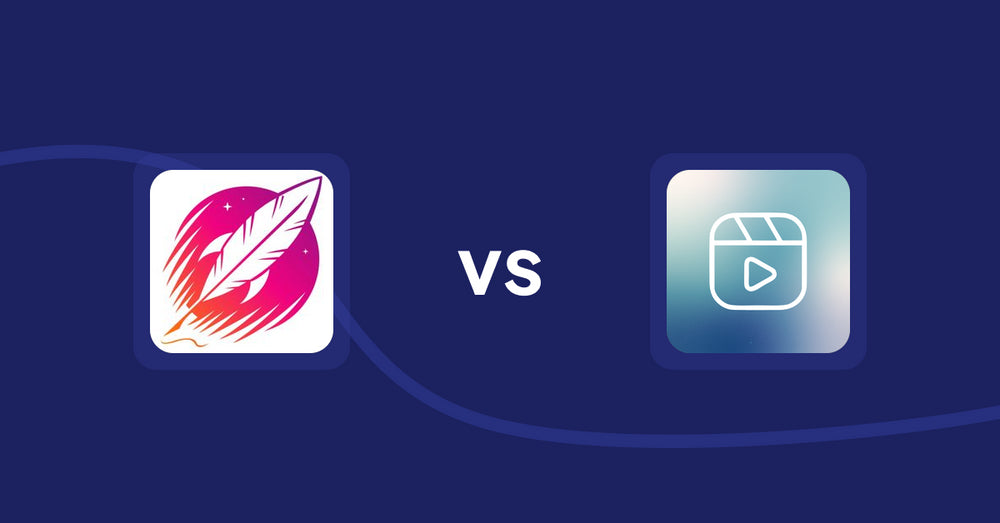
Shopify Product Display Apps: Wordsmith: Content Generator vs Reelify ‑ Shoppable Reel Video
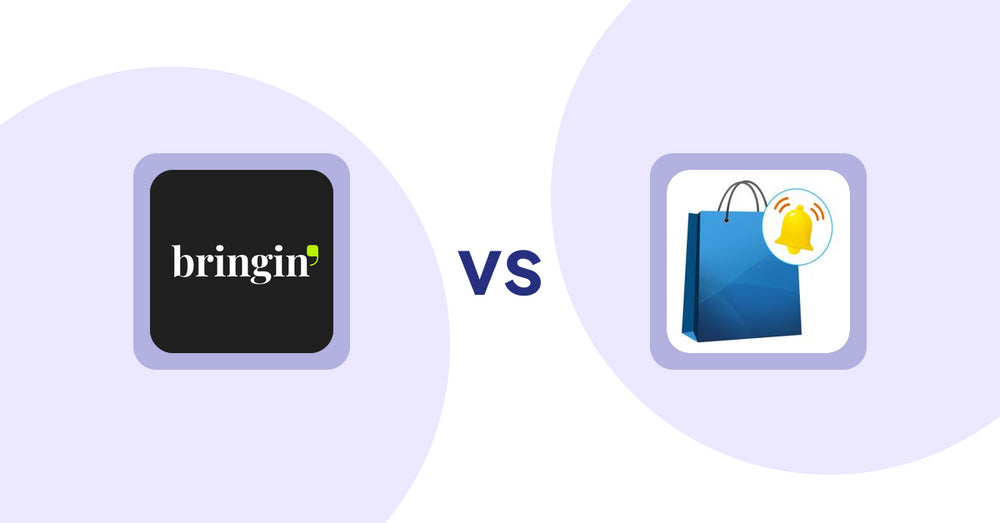
Shopify Product Display Apps: Bringin vs CartBar ‑ Product Purchase Bar
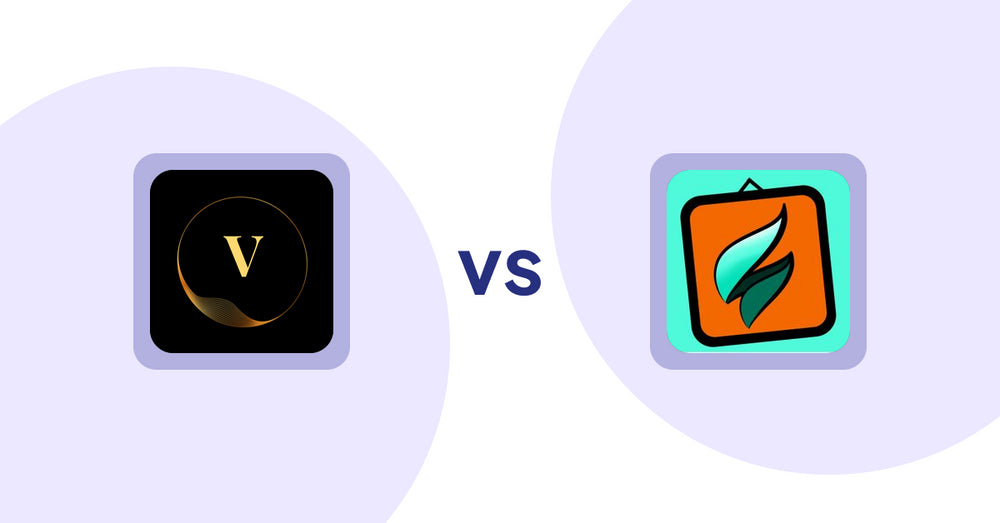
Shopify Product Display Apps: ProductTube vs SMART ‑ Art Product Builder
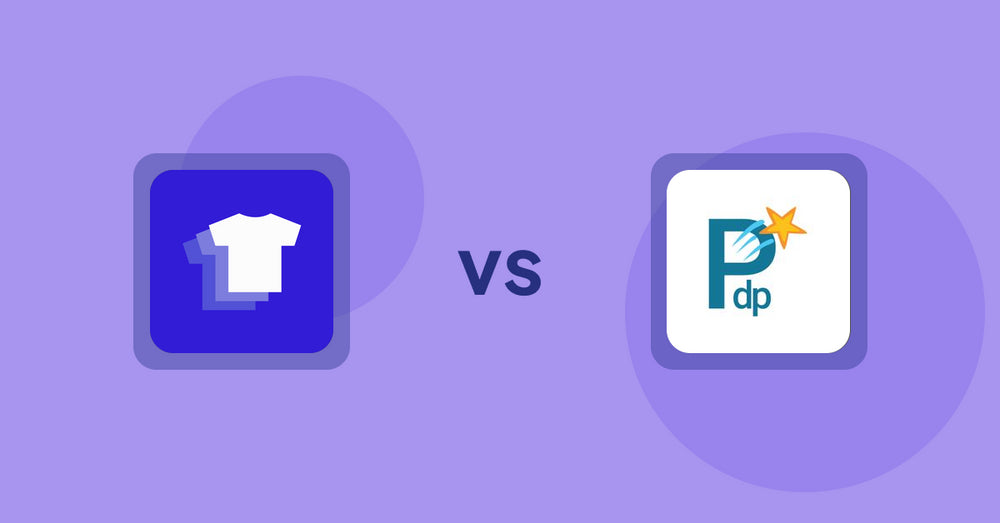
Shopify Product Display Apps: Xpander vs PDP Star
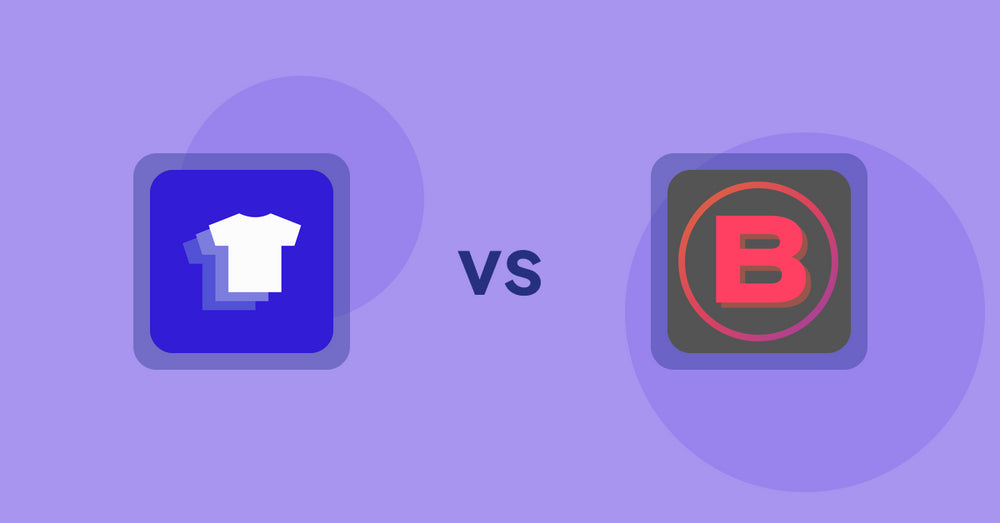
Shopify Product Display Apps: Xpander vs Banter Stories
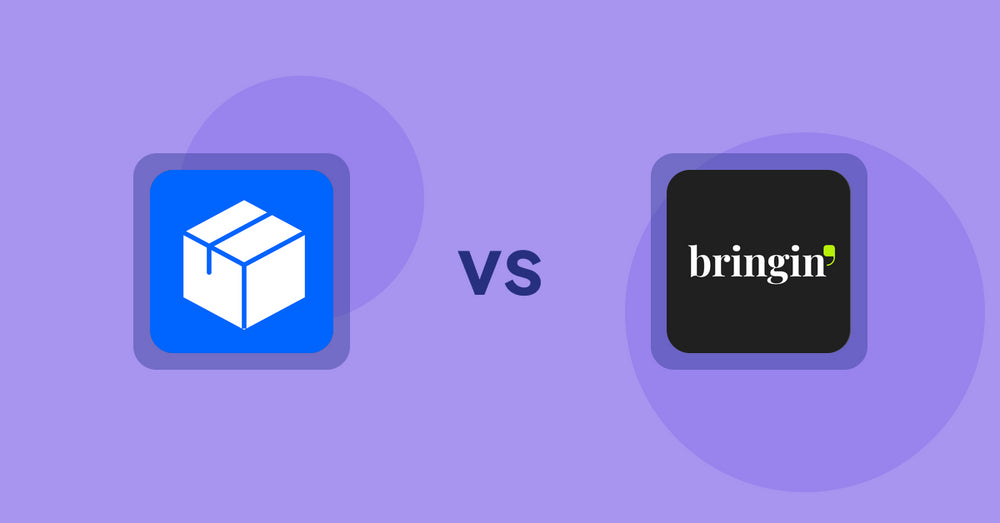
Shopify Product Display Apps: Wonderful Widgets vs Bringin
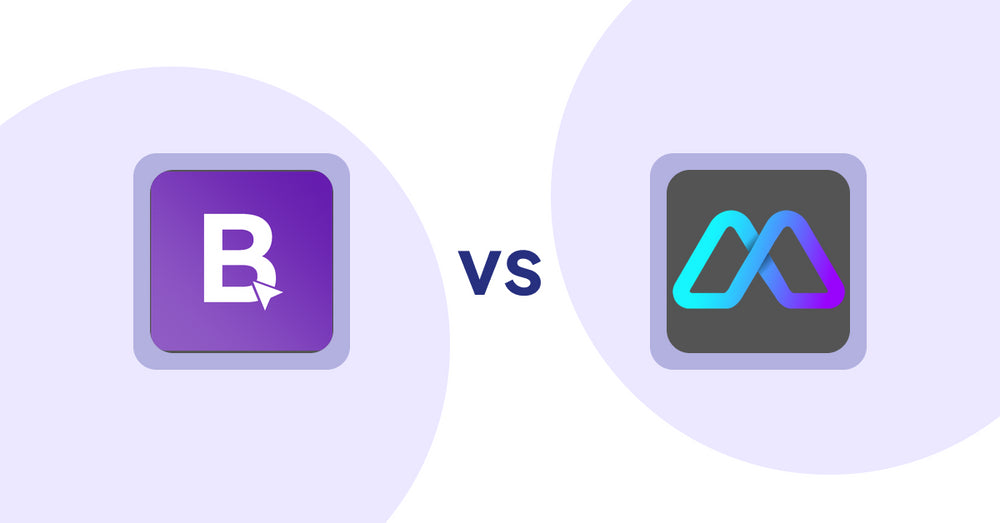
Shopify Product Display Apps: BookE - Rent Property & Service vs Metadrob: Create Virtual Store
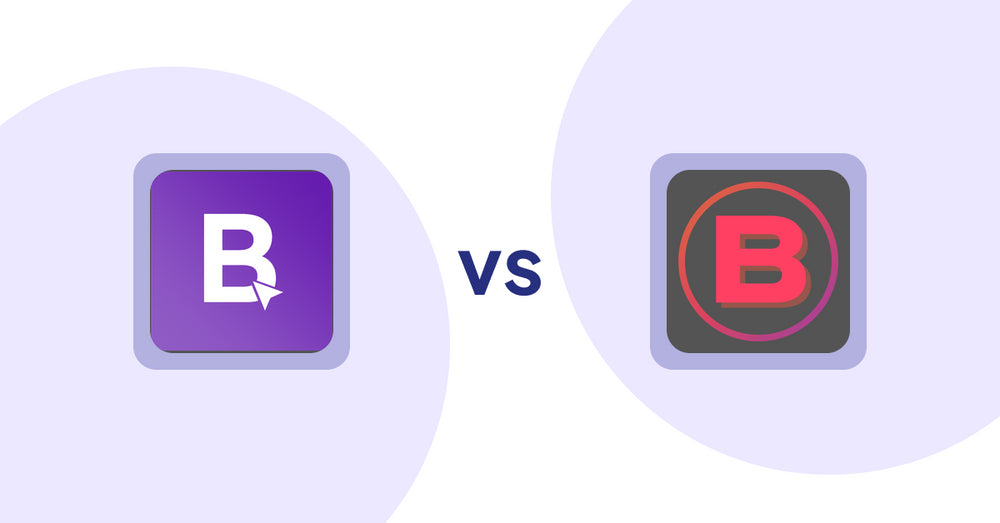
Shopify Product Display Apps: BookE ‑Rent Property & Service vs. Banter Stories
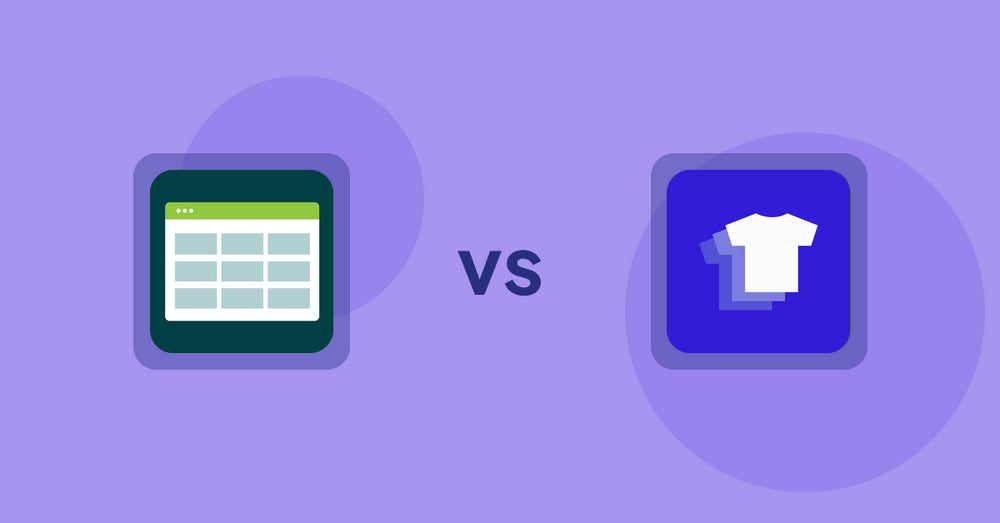
Shopify Product Display Apps: Product Table vs. Xpander
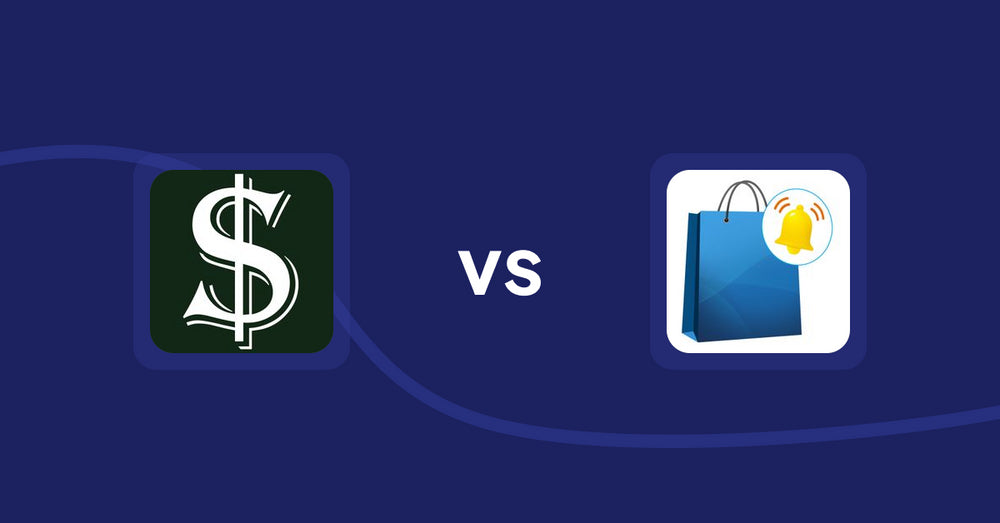
Shopify Product Display Apps: Selling Fast vs CartBar ‑ Product Purchase Bar
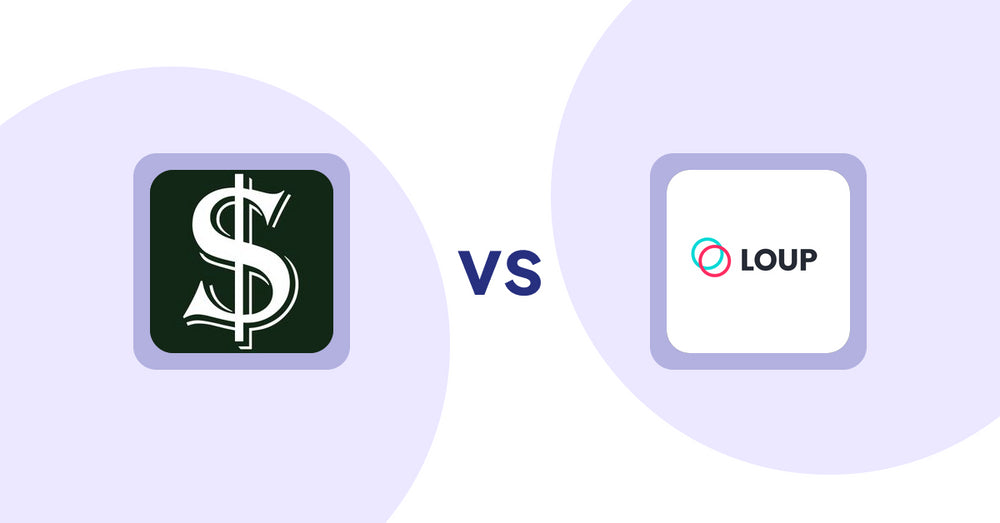
Shopify Product Display Apps: Selling Fast vs. Loup: Sell on Instagram
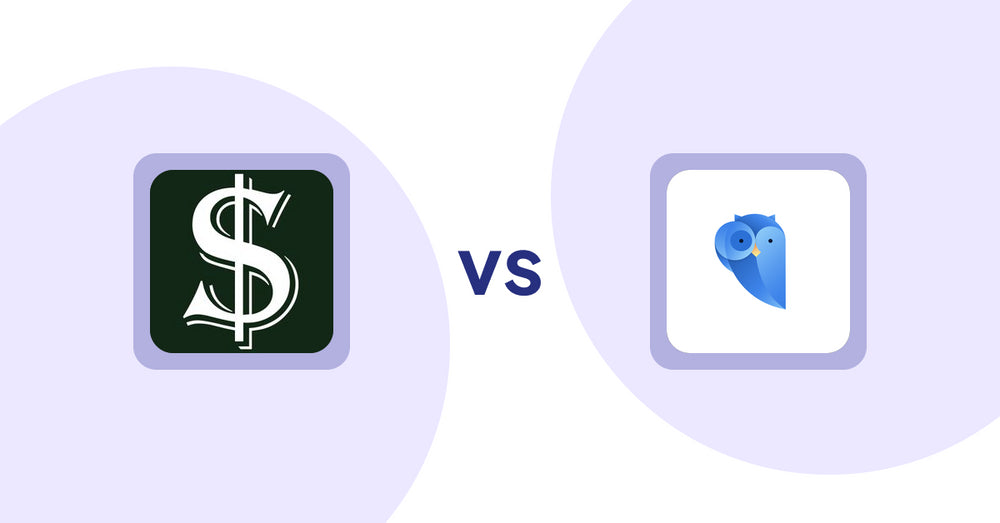
Shopify Product Display Apps: Selling Fast vs. Findify Search & Merchandise
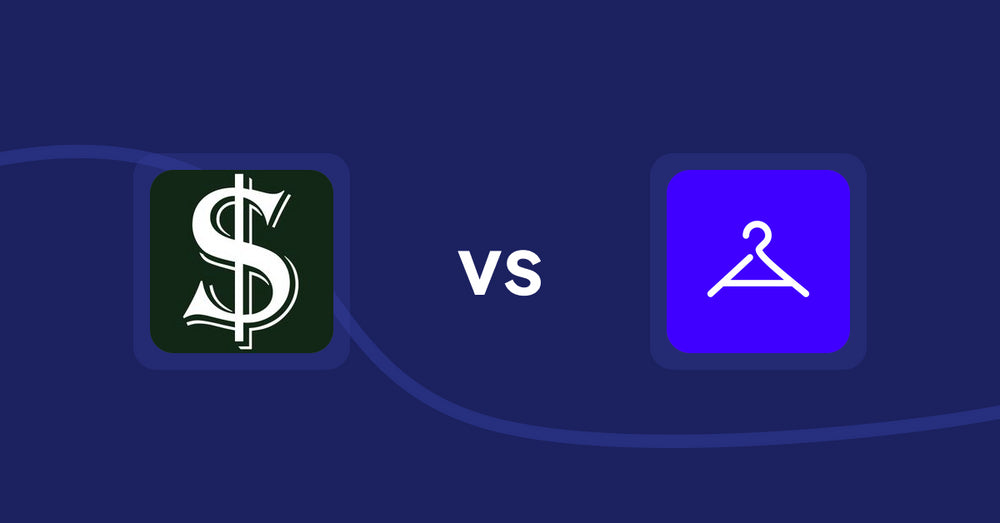
Shopify Product Display Apps: Selling Fast vs. Aiuta
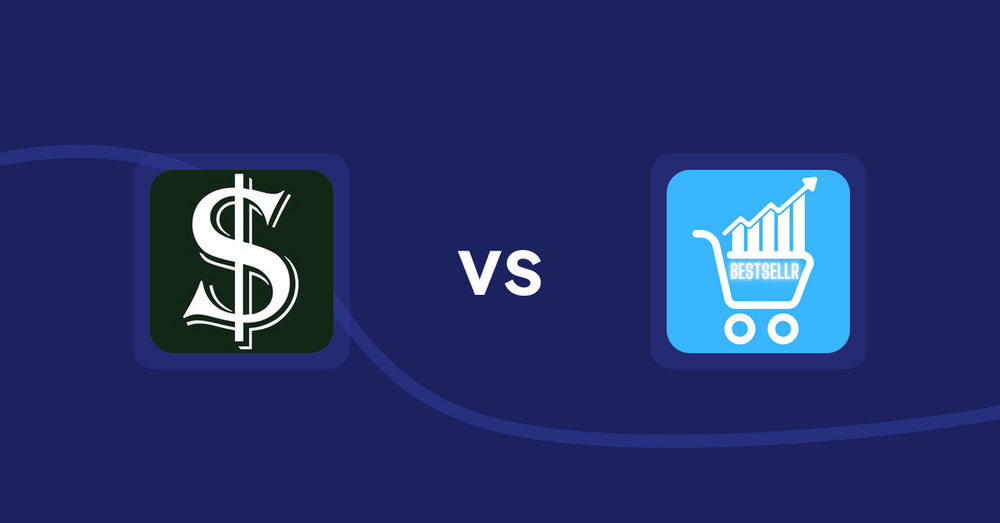
Shopify Product Display Apps: Selling Fast vs Bestsellr
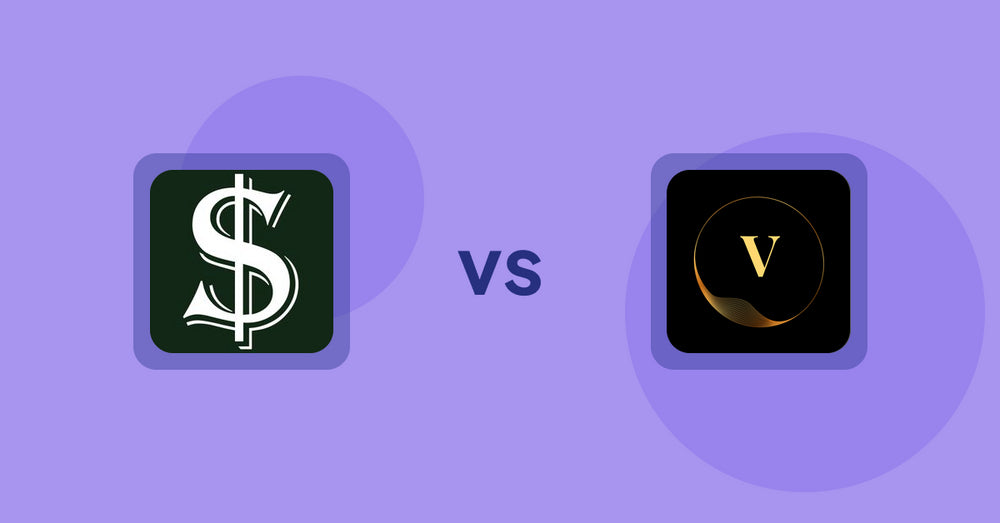
Shopify Product Display Apps: Selling Fast vs ProductTube
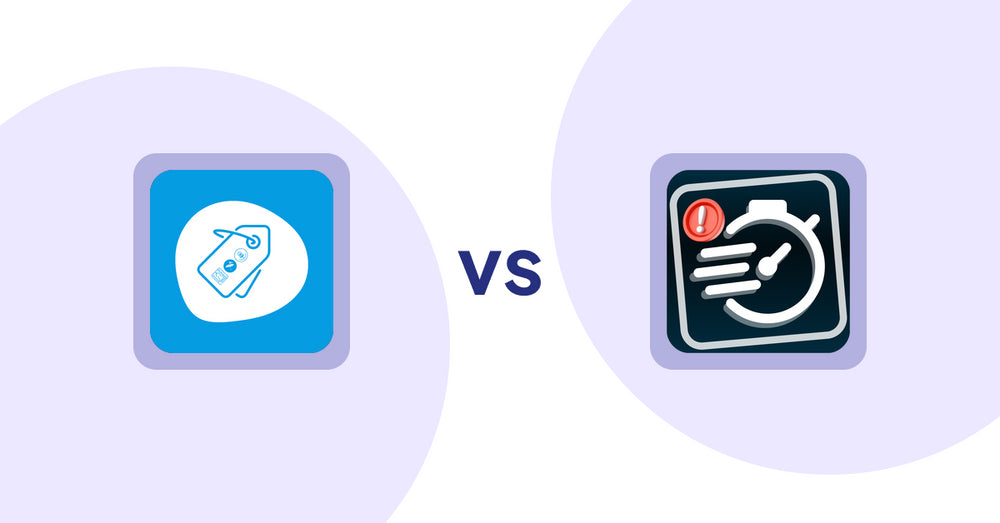
Shopify Product Display Apps: Extendons Product Tag Images vs Urgency! Low Stock Counter
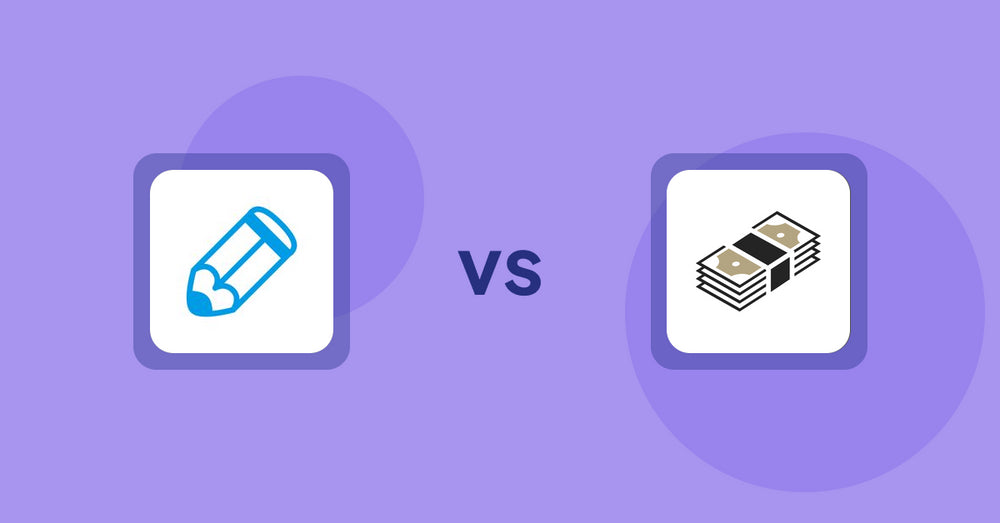
Shopify Product Display Apps: Writer Sofia vs シンプルクラウドファンディング|お手軽自社クラファン
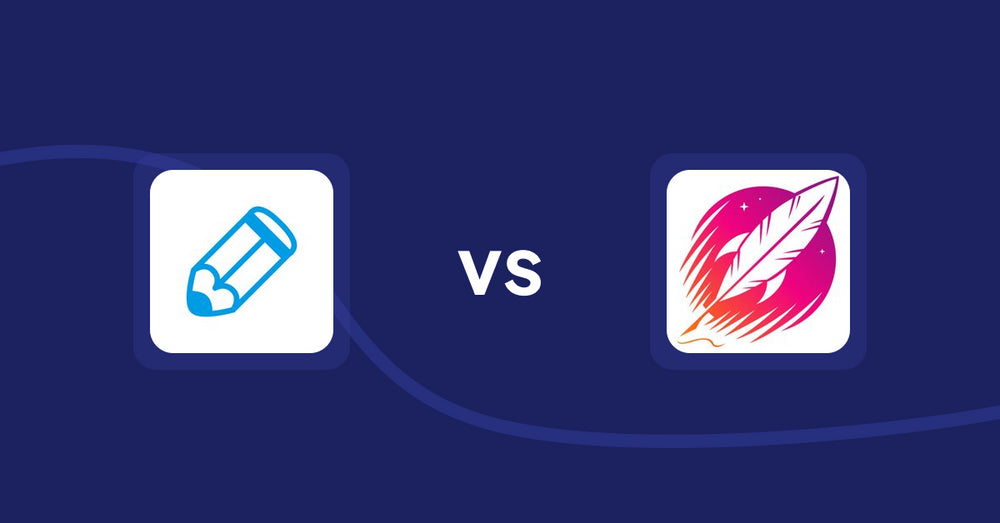
Shopify Product Display Apps: Writer Sofia vs Wordsmith: Content Generator
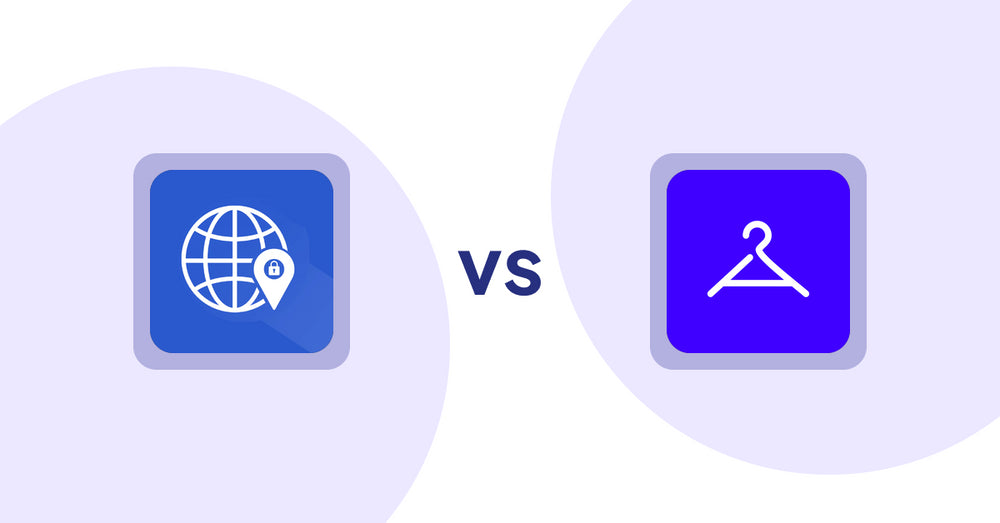
Shopify Product Display Apps: Addify ‑ Country Restrictions vs Aiuta
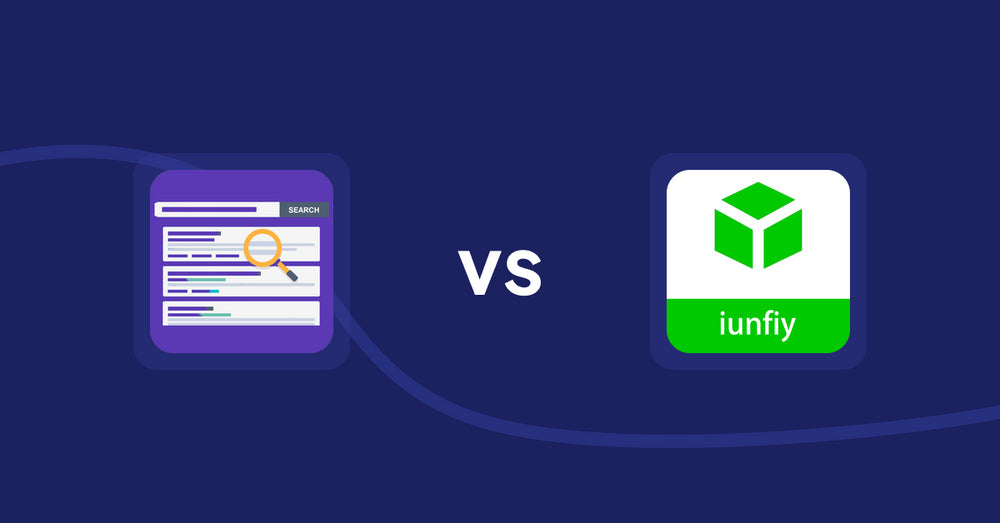
Shopify Product Display Apps: Spark AI Products Description vs iunfiy • Related Products
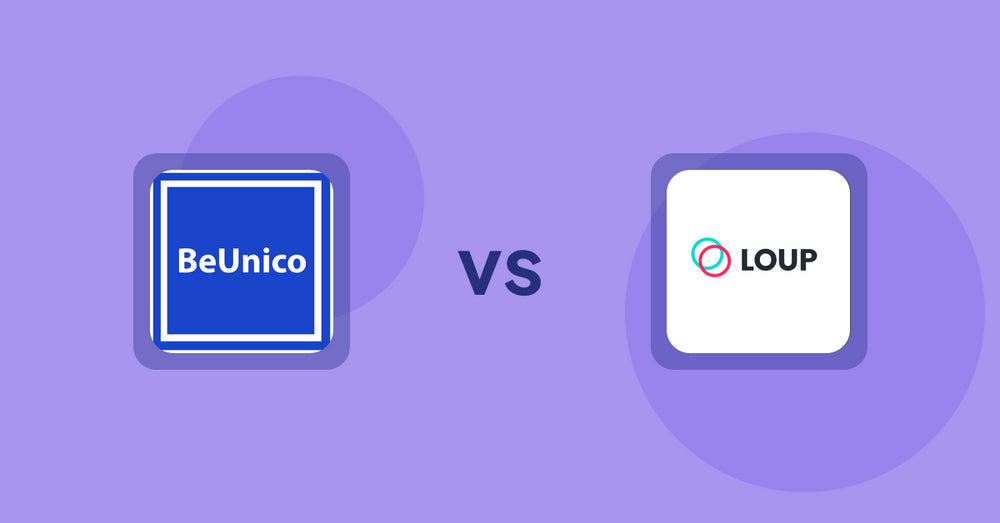
Shopify Product Display Apps: BeUnico vs Loup: Sell on Instagram
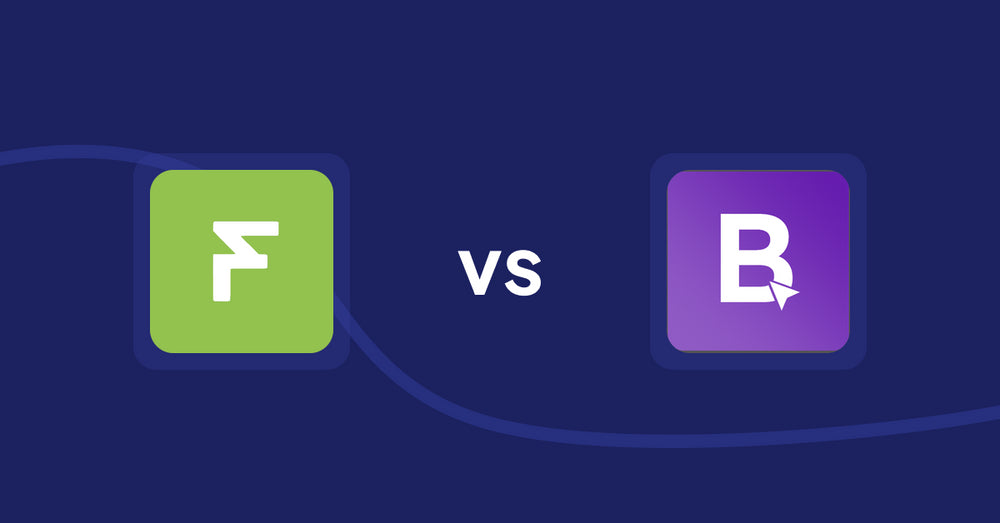
Shopify Product Display Apps: Easy Estimate Shipping vs BookE ‑Rent Property & Service
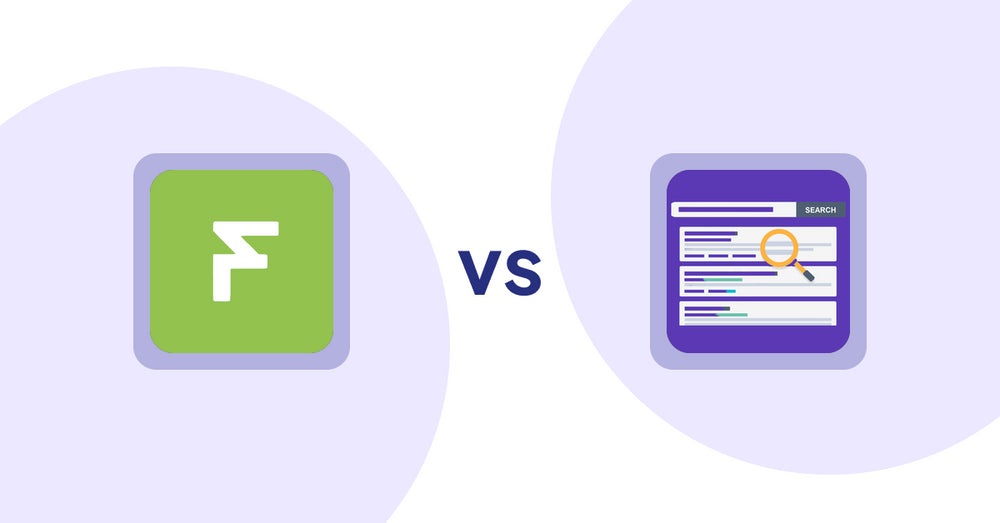
Shopify Product Display Apps: Easy Estimate Shipping vs. Spark AI Products Description
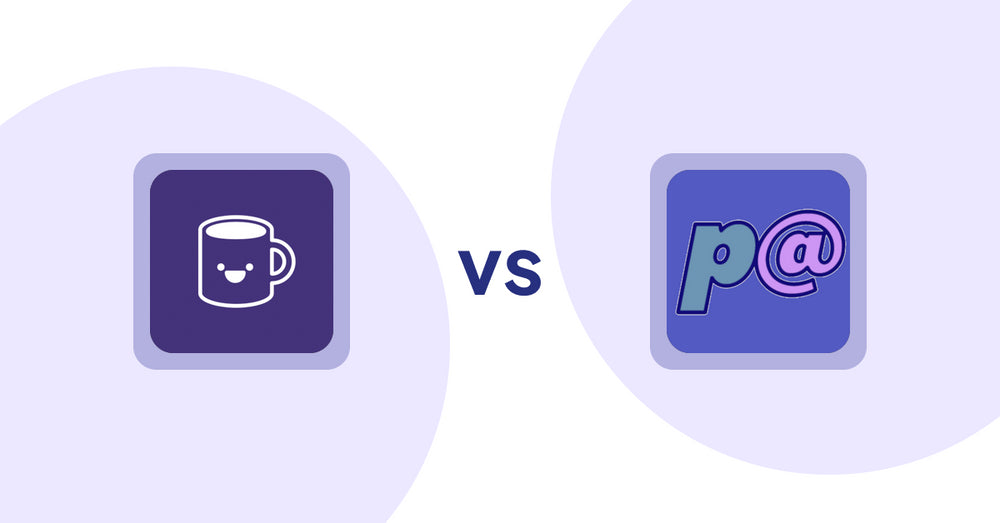
Shopify Product Display Apps: Mugshot Bot vs Parameterizer
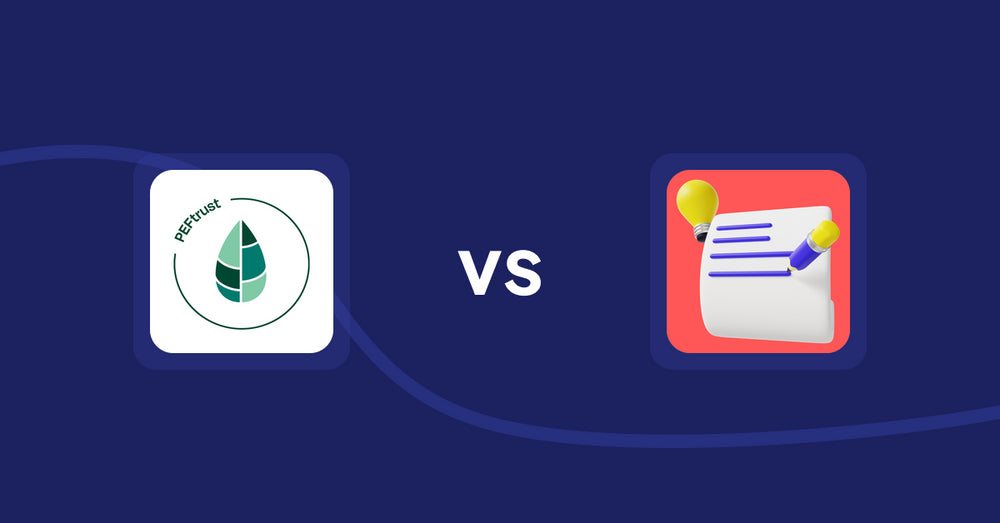
Shopify Product Display Apps: Peftrust vs. Wordo ‑ ChatGPT AI Description
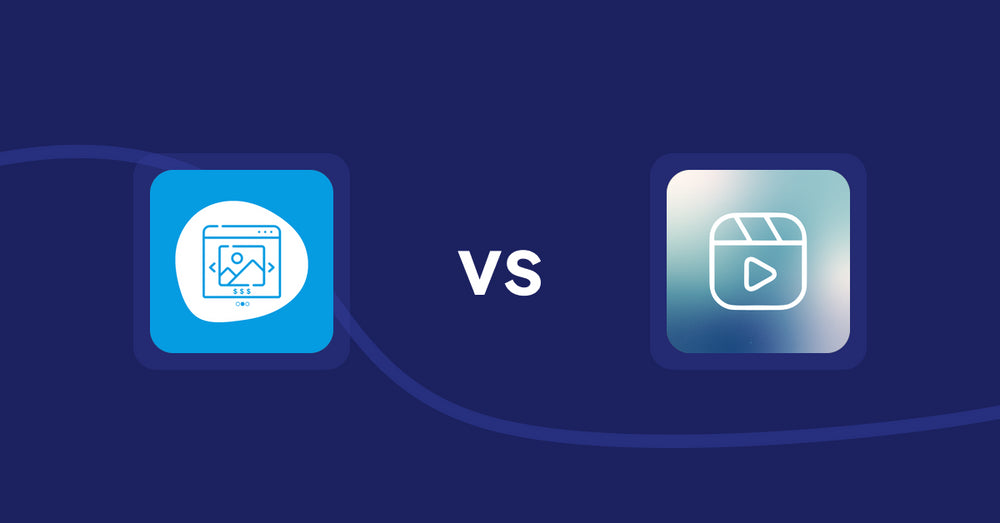
Shopify Product Display Apps: Quick Product Navigator Slide vs Reelify ‑ Shoppable Reel Video
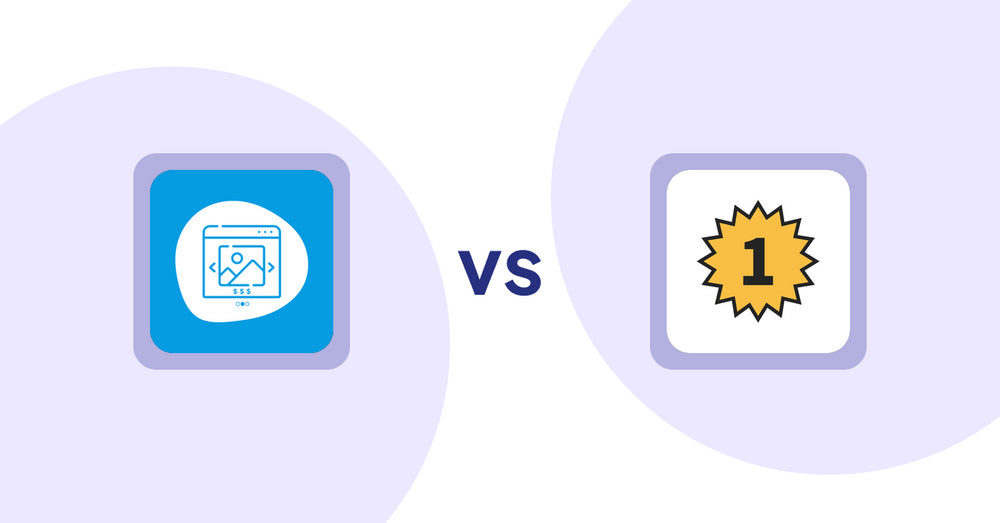
Shopify Product Display Apps: Quick Product Navigator Slide vs. UR: Smart Ranking
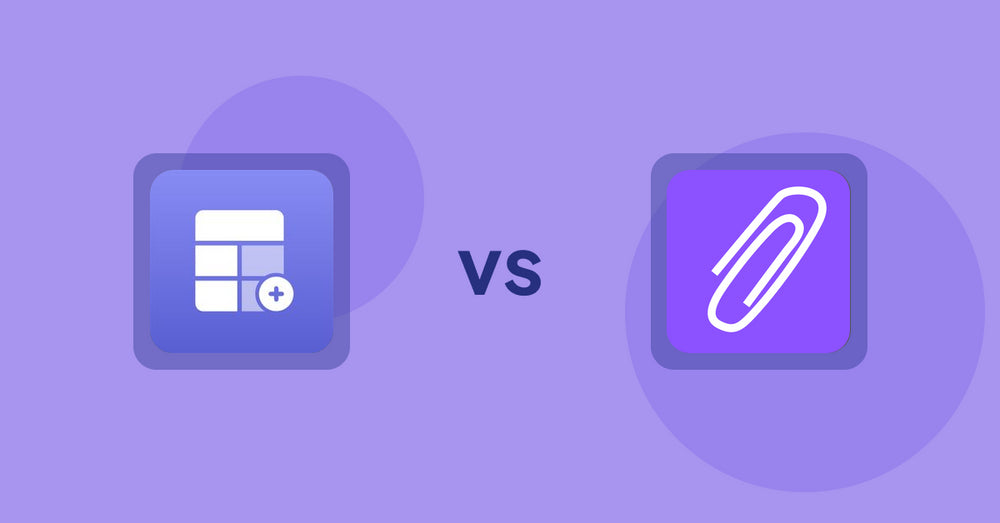
Shopify Product Display Apps: Eazy Specification Tags Table vs Agile Attachments
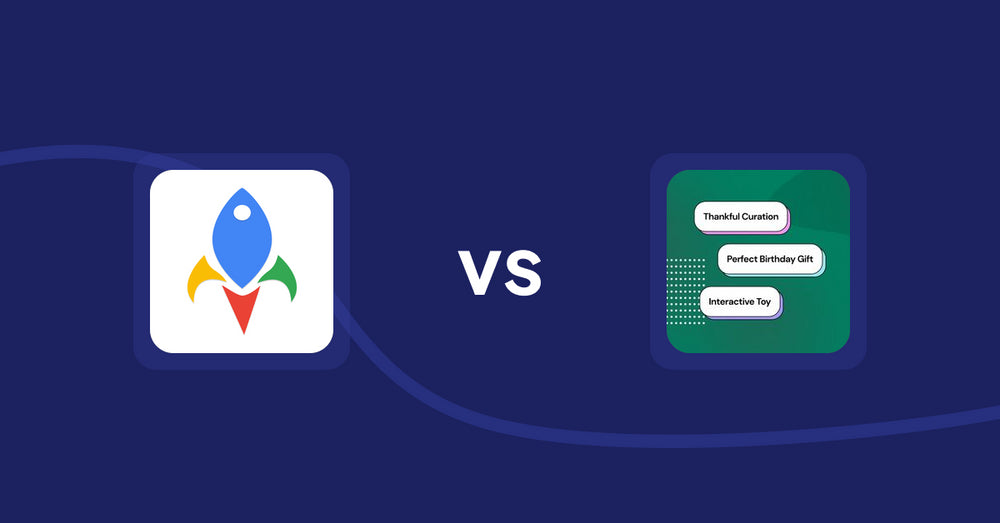
Shopify Product Display Apps: Jedi Back In Stock Admin Alert vs FeatureFrame ‑ Pretty Product
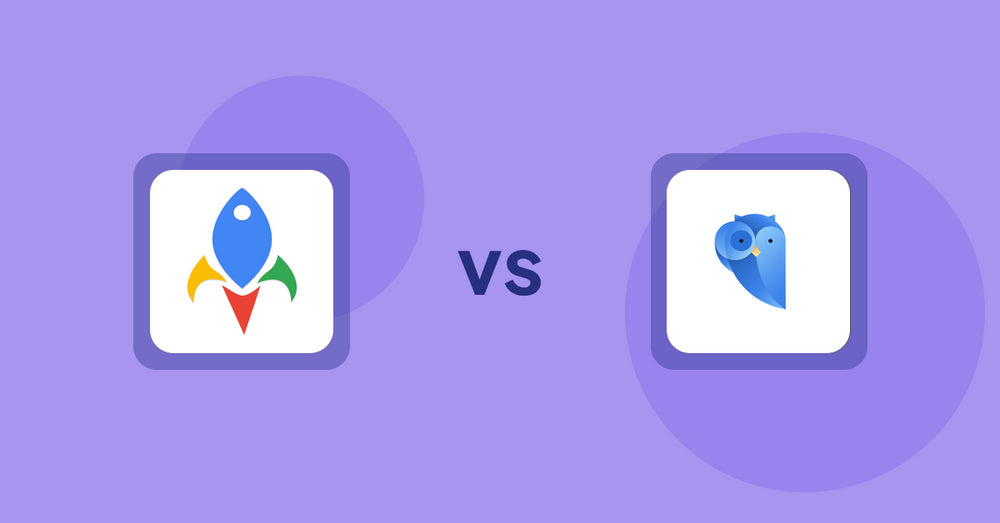
Shopify Product Display Apps: Jedi Back In Stock Admin Alert vs. Findify Search & Merchandise
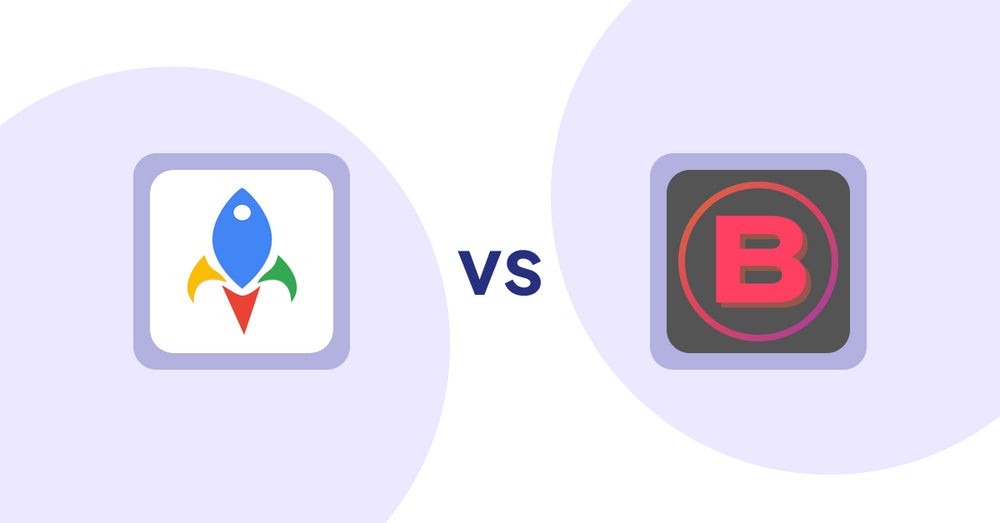
Shopify Product Display Apps: Jedi Back In Stock Admin Alert vs Banter Stories
